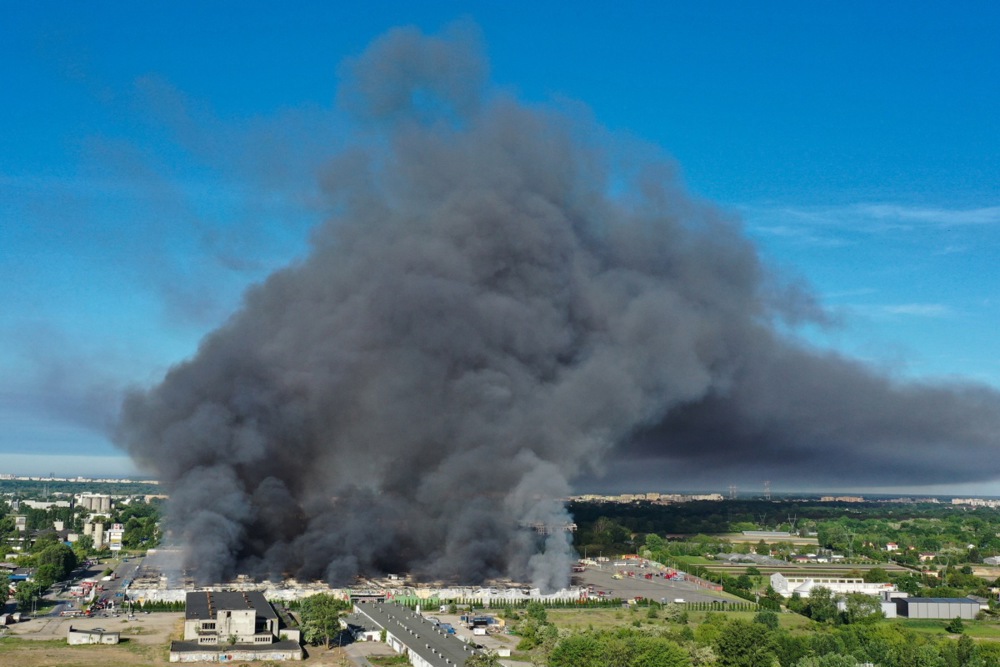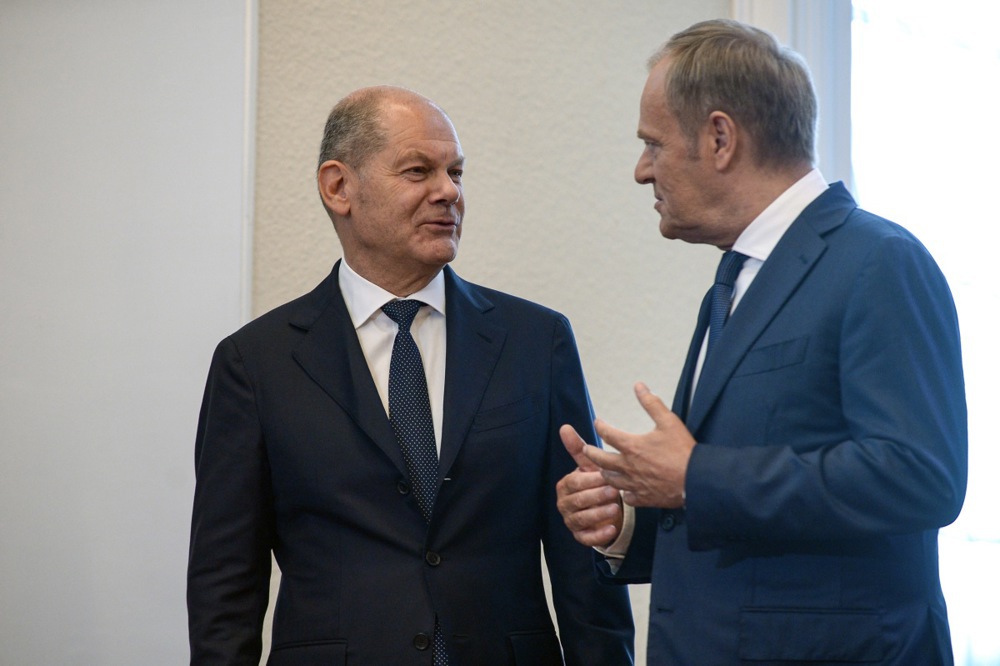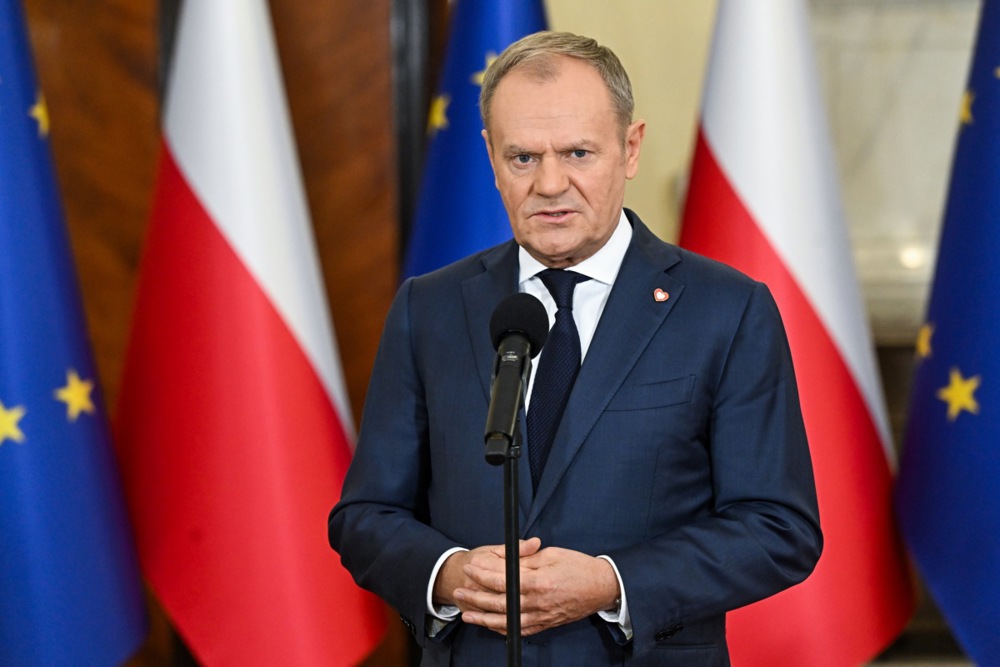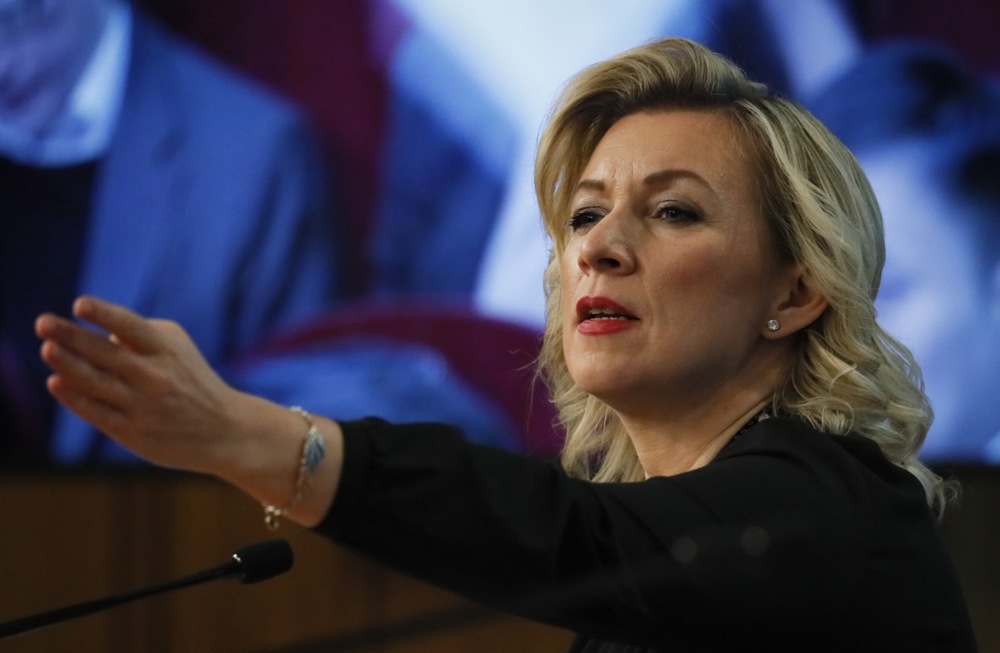Polish Prime Minister Donald Tusk has said that Russia had been planning ‘acts of terror’ against both Polish and international airlines, but provided no evidence for the claim.
Speaking after his meeting with Ukrainian president Volodymyr Zelensky on January 15, Tusk told journalists: “Poland played a key role in Europe in counteracting acts of sabotage and diversion, which Russia organises not only on Polish territory.”
He then proceeded to his claim of Russians planning acts of terrorism.
“Some acts of sabotage or preparations for diversion were very dramatic. I will not go into details about this latest information, but I can confirm the validity of these fears, that Russia was planning acts of air terror, and not only against Poland, but against airlines all over the world.”
Tusk did not say what acts he was referring to or elaborate on the contents of the information and just called for united action against the claimed threat: “Acts of sabotage, different versions of the war that Russia has declared against the entire civilized world, not just Ukraine, require joint action,” he said.
The Polish PM’s warnings follow reports on January 14 that US President Joe Biden warned Russian President Vladimir Putin about Russian intelligence services preparing sabotage operations on board transatlantic flights.
According to a report published in The New York Times, a Russia-backed operation was to place self-igniting courier packages on board planes flying to the US and Canada.
“The risk of a serious accident was real,” US Homeland Security Secretary Alejandro Mayorkas was quoted as saying.
In response, Biden ordered National Security Adviser Jake Sullivan and CIA Director William Burns to send a warning to Putin’s inner circle to desist from such actions.
The claims follow investigations into a series of parcel explosions in July at courier depots in Britain, Germany and Poland with the parcels destined for cargo flights to the US and Canada.
Polish Prosecutor’s spokesman Przemysław Nowak claimed in an emailed statement: “The evidence collected in the case indicates a high probability that the discussed acts of sabotage… were inspired by Russian security services,” but did not elaborate on what that evidence was.
In the past there have been allegations and arrests linked to alleged Russian sabotage, including arson, as well as spying activities in Poland, a country which acts as a major hub for the delivery of weapons and other forms of aid to Ukraine.
The Tusk government has argued for tightening the EU sanctions regime against Russia and has set up a special state commission to examine examples of Russian influence in Poland.
However, just before Tusk made his claims of Russia allegedly attempting to trigger terrorism against airlines, it emerged that his party’s presidential candidate and Warsaw mayor Rafał Trzaskowski was overseeing a company which was under Russian influence.
A journalistic investigation by portal Wp.pl published on 13 January has found that Warsaw’s Municipal Bus Company (MZA) has been receiving fuel for its vehicles from a company that was until recently Russian owned, with links to Gazprom, and which was on Poland’s sanctions list.
In addition, that company was last month removed by the government from the sanctions list after being sold to two of its longstanding Polish employees for the price of just €0,70, a transaction that the previous Polish Conservative (PiS) government rejected as an attempt to evade sanctions.





